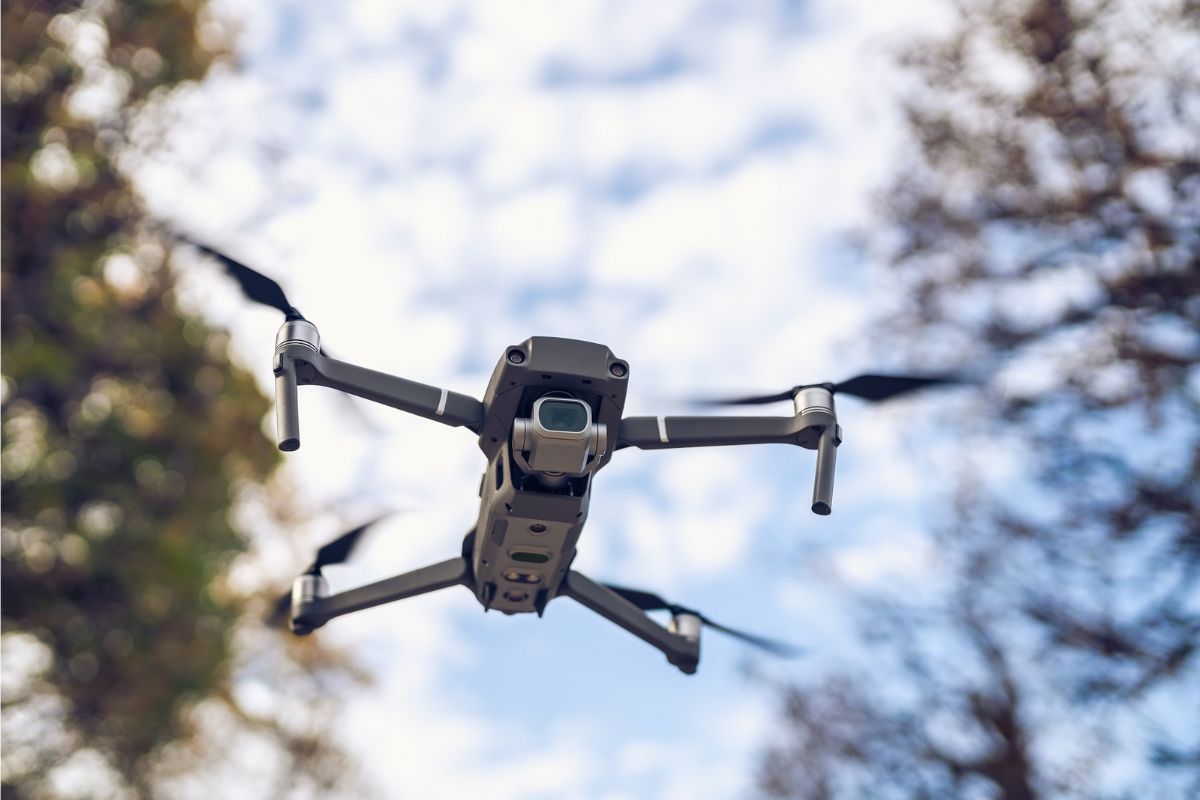
The proliferation of drone technology has introduced a host of novel legal questions, particularly concerning privacy, security, and the boundaries of private property. A common, albeit misguided, impulse is to consider shooting down a drone perceived as an intrusion. However, as Grant Steffen Rahmeyer of Rah Law in Springfield, Missouri, emphasizes, this action carries substantial legal ramifications at both the federal and state levels.
Federal Protections Afforded to Drones
Under federal legislation, drones, formally designated as Unmanned Aircraft Systems (UAS), are classified as aircraft. This classification subjects them to the stringent provisions of the Aircraft Sabotage Act of 1984, which explicitly prohibits the damage or destruction of any aircraft, including drones. The Federal Aviation Administration (FAA) reinforces this stance, asserting that discharging a firearm at any aircraft, including drones, is illegal due to the inherent safety risks.
Engaging in such an action, Rahmeyer cautions, “exposes an individual to severe criminal penalties, administered both federally and at the state level.” Discharging a firearm at a drone not only constitutes a federal offense but also potentially violates state statutes regarding the reckless discharge of firearms.
Potential Legal Repercussions of Drone Interdiction
Individuals who attempt to shoot down a drone may encounter the following legal consequences:
- Federal Criminal Charges: The FAA and federal prosecutors retain the authority to file charges related to interference with an aircraft.
- Civil Liability: The drone operator may seek financial restitution for the destruction of their property.
- State Law Infractions: Numerous states, including Missouri, enforce strict regulations against discharging firearms within municipal boundaries, potentially leading to supplementary penalties.
Alternative Courses of Action for Addressing Drone Intrusions
Instead of resorting to potentially illegal measures, consider these alternative approaches:
- Meticulous Documentation: Capture photographic or video evidence of the drone’s activities to establish a record of the incident.
- Notification of Local Law Enforcement: Report the incident to the appropriate authorities for investigation.
- Pursuit of a Nuisance Claim: If the drone’s activities constitute a persistent intrusion, legal recourse may be available to address the nuisance.
Federal Agency Authority in Drone Countermeasures
Congress has granted specific federal agencies, such as the Department of Homeland Security and the Department of Defense, the authority to implement countermeasures against credible drone threats. However, this authority does not extend to private citizens.
Conclusion: Navigating Drone Disputes Responsibly
While the presence of a drone hovering over private property can be disconcerting, resorting to force is not a legally viable solution. Adhering to established legal channels and understanding one’s rights are paramount in resolving drone-related disputes. For professional legal counsel on drone-related matters, Rah Law in Springfield, Missouri, led by Grant Steffen Rehmeyer, provides knowledgeable assistance.
For a deeper dive, explore: Fact Finders: Can you shoot down a drone?

